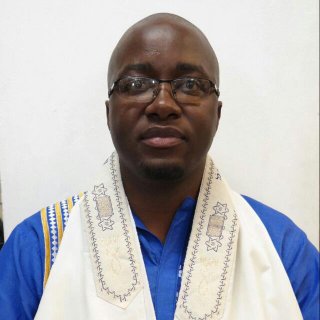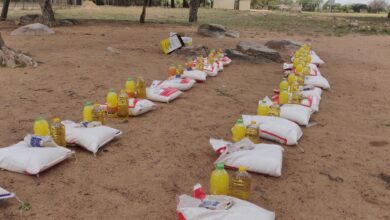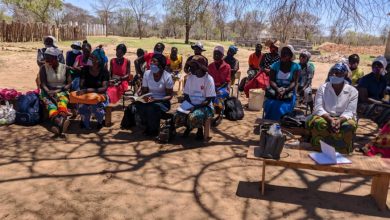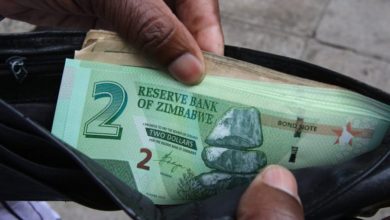ZIPP presidential candidate pledges US$200 billion economy within five years

One of the 11 presidential candidates, Professor Blessing Kasiyamhuru, of the Zimbabwe Partnership for Prosperity (ZIPP) party claims that if elected, he would establish a US$200 billion economy for the country through investment partnerships inspired by “spiritual intelligence” within five years.
Prof. Kasiyamhuru is running for president for the second time, stating that the current generation owes it to future generations to move Zimbabwe ahead.
Prof Kasiyamhuru (45), an academic, entrepreneur, and business leader with a Master’s Degree in Management and Development Finance, a PhD in Public Administration, a Phd in Business Leadership. He is also a member of the African Academy of Management.
The presidential candidate stated that ZIPP is a national party driven by Christian ideas and ubuntu ideals, and that his vision is spiritually inspired.
“What Zimbabweans only need is the spiritual intelligence to direct their efforts to the development of their country through fostering investment partnerships that benefit all citizens. Our vision is to build a conducive environment for Zimbabweans first, before we consider foreigners. Advocacy should be on appealing for our countrymen to bring back capital home. We have the natural resources to support that vision,” Prof Kasiyamhuru said.
“Working through partnerships that create win-win outcomes, Zimbabwe can be rebuilt. A nation can only be built through the efforts of its citizens. Yes, foreign direct investment (FDI) may be required in due course, but it should not be a form of disguised looting. There are a lot of Zimbabweans out there who have the capacity to change the face of our economy within a short period of time.”
Prof Kasiyamhuru stated that workers, youths, and women should not be excluded from such partnerships because they are critical components of the country’s economic success.
His conviction is that Zimbabwe can flourish for the general good by adopting the “right mindset” based on Christian values, embracing 21st century technical advancements, and cutting the civil service by abolishing posts and reducing the Cabinet to 14 ministers.
“As ZIPP, our vision is prosperity and prosperity for Zimbabweans, through long-term planning that will take into cognisance the role of workers, women and youths; impact of ICT developments on agriculture, manufacturing, mining and financial services; without forgetting that God is the ultimate watcher and blesser of all nations,” said the presidential candidate.
If elected, the presidential candidate said he wants Zimbabwe to engage international economic partners from a position of strength, led by 500-year growth plans in all areas.
“Our natural resources; minerals, land, wildlife, water and energy among others will only be commercialised in line with approved long-term national plans that take into account the needs of our great grandchildren 200 to 500 years into the future,” Prof Kasiyamhuru said.
“The exploitation of our nation’s natural resources will be under strict beneficiation rules within the borders of Zimbabwe.”
Although Prof Kasiyamhuru paind the US$20 000 for presential nomination fees, he contends that money should not be used to pick leaders as that would uneven the electoral playing field.
He also expressed confidence that victory would be achieved on August 23.
“Our message is practical, solution-based and addresses their previously dashed dreams and aspirations. Our partnership is growing in strength and bounds every day as we position ourselves to form the new government of Zimbabwe,” said the presidential hopeful.
“ZIPP is a national party with a national mandate. The party is guided by Christian principles and values of Ubuntu/Hunhu in spreading the message of peace, in the campaign period, during and after the elections. “We will continue to spread the message of peace throughout our country. The culture of Ubuntu left Zimbabwe a long time ago and we aim to restore love and respect back into the family unit that we all grew up in the 1980s,” Prof Kasiyamhuru summed.






